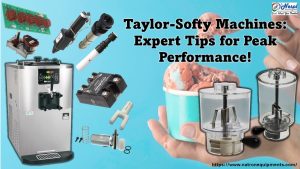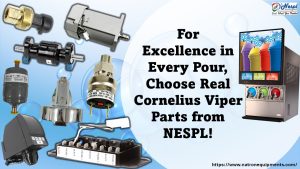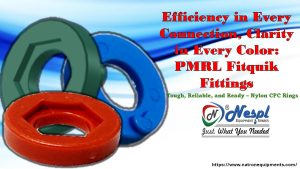Maintaining Hemodialysis machines is vital for ensuring the reliability and effectiveness of these crucial medical devices. Proper upkeep not only ensures the machine functions correctly but also contributes to patient safety and treatment efficacy. Here are some essential tips for maintaining Hemodialysis machine parts:
For any doubt & Query write us at: sales3@natronequipments.com
1. Follow Manufacturer’s Guidelines
Always adhere to the manufacturer’s recommended maintenance procedures and schedules. This includes instructions for cleaning, lubrication, inspection, and replacement intervals for various machine components. Following these guidelines helps prevent malfunctions and ensures the machine operates as intended.
2. Regular Cleaning and Disinfection
Routine cleaning and disinfection of all external surfaces are crucial. Use the cleaning agents and disinfectants specified by the manufacturer and follow hospital protocols. Proper sanitation helps prevent contamination and ensures a sterile environment for patients.
3. Inspect and Replace Consumables
Consumable parts such as filters, tubing, and connectors should be inspected regularly and replaced as needed. Over time, these parts can degrade and impact the machine’s performance. Timely replacement of consumables ensures the machine continues to function effectively.
4. Monitor Water Quality
High-quality water is essential for preparing dialysis fluid. Regularly test and monitor water quality parameters, including conductivity, pH, and microbial contamination levels, in accordance with regulatory guidelines. This ensures that the water used is safe and suitable for dialysis.
5. Check and Calibrate Sensors
Sensors, such as pressure and conductivity sensors, should be periodically checked for accuracy and calibrated if necessary. Proper calibration ensures that the machine operates within optimal parameters, providing accurate readings and maintaining patient safety.
6. Inspect Blood Path Components
Regularly inspect and clean blood path components, including dialyzers, blood lines, and any interfaces where blood contacts the machine. This helps prevent clotting or blockages, which can affect the machine’s performance and patient safety.
7. Verify Alarms and Safety Features
Test and verify all alarms and safety features of the Hemodialysis machine. This includes alarm systems for pressure, temperature, conductivity, and other critical parameters. Ensuring that these safety features function properly is essential for responding to emergencies effectively.
8. Document Maintenance Activities
Maintain detailed records of all maintenance activities, including inspections, tests, repairs, and replacements. Documenting these activities helps track the machine’s maintenance history and ensures compliance with regulatory requirements.
9. Train Staff Adequately
Ensure that healthcare personnel involved in operating and maintaining Hemodialysis machines are thoroughly trained. Provide ongoing education on maintenance practices, infection control measures, and emergency procedures to ensure staff are prepared to handle the equipment properly.
10. Perform Preventive Maintenance
Implement a preventive maintenance schedule based on manufacturer recommendations and regulatory guidelines. Preventive maintenance helps identify and address potential issues before they escalate, reducing downtime and ensuring continuous patient care.
Must Visit to buy: https://www.natronequipments.com/medical-core-thermal-industry/hemo-dialysis-machine-parts
Conclusion
Proper maintenance of Hemodialysis machine parts is essential for ensuring the equipment operates effectively and safely. By following these maintenance tips, healthcare facilities can extend the lifespan of their machines, enhance performance, and provide reliable dialysis treatment for patients with renal failure. Regular upkeep not only contributes to the efficiency of the machine but also supports patient safety and treatment success.
If you need to purchase Hemodialysis machine spare parts or have any questions related to the products, please contact NESPL. Our team will assist you in finding the right products and addressing any inquiries you may have, ensuring you receive the support you need for optimal patient care.







